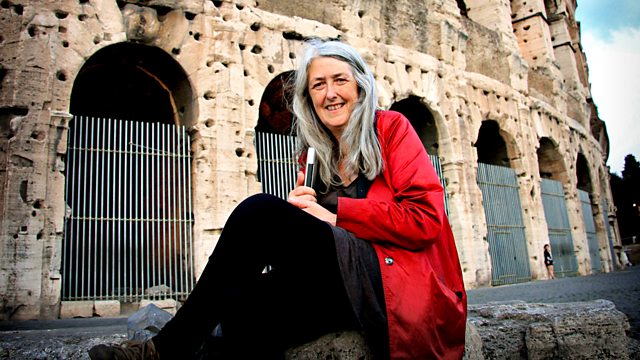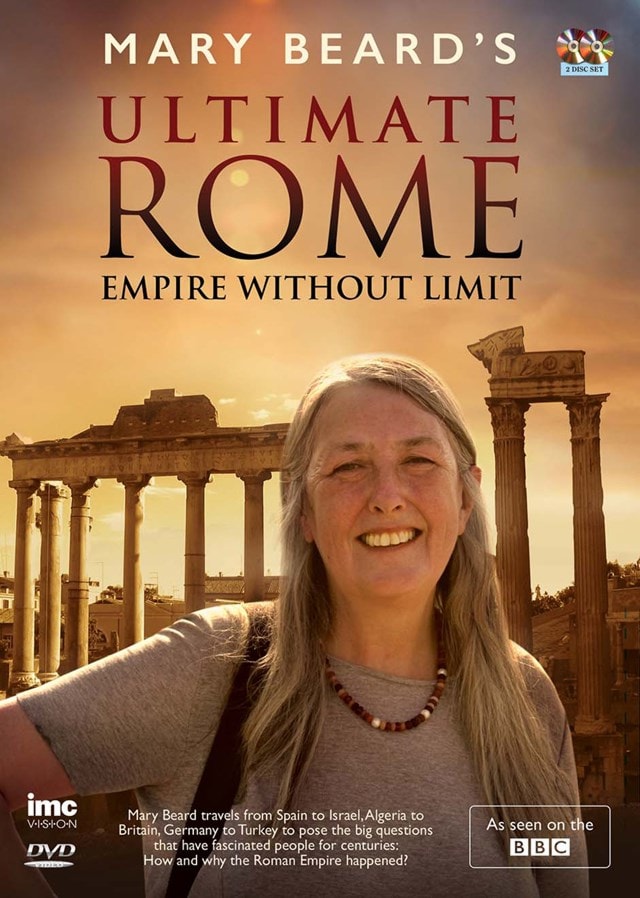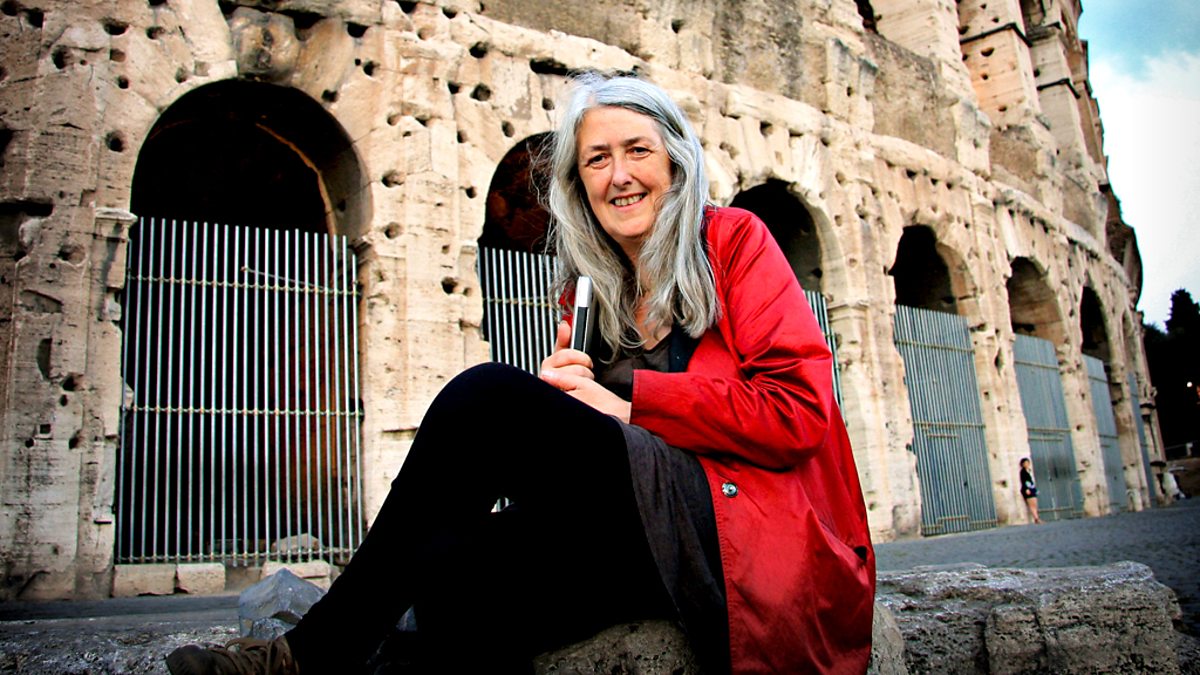

The BBC video that triggered the storm could have been based on Quintus Lollius Urbicus, a Berber from what is now Algeria who became governor of Roman Britain, Beard said.

And it’s rather too much like what women have been advised to do for centuries. “I don’t actually give a stuff about academic titles, but you see what’s going on here,” she wrote.īeard said she would not block her opponents because “it feels to me like leaving the bullies in charge of the playground. She also pointed out that some of her critics, who acknowledged Taleb’s professorship, erased hers by calling her “Ms Beard”.

But I was actually trying to make clear that I had some knowledge of his work, though not a lot.” I think Prof Taleb did get annoyed when I said that I had read his ‘pop risk’ book, not the others. Writing in her blog, Beard said: “I think I was courteous throughout, though I guess that is for others to judge. He questioned her scholarship and accused her of “talking bullshit”. The abuse got worse, she wrote, when Nassim Nicholas Taleb, a professor of risk analysis in the US and author of the best-selling book The Black Swan, joined her critics.īeard told Taleb on Twitter that this kind of family in Roman Britain was unsurprising. There followed, she said in her blog in the Times Literary Supplement, days of attacks on Twitter, which she described as “a torrent of aggressive insults, on everything from my historical competence and elitist ivory tower viewpoint to my age, shape and gender. “It feels very sad to me that we cannot have a reasonable discussion on such a topic as the cultural, ethnic composition of Roman Britain without resorting to unnecessary insult, abuse, misogyny and language of war, not debate.”īeard, a classicist at Cambridge University, who is well known for her robust responses to Twitter trolls, was one of those who pointed to evidence that there was at least some ethnic diversity in Britain under Roman rule. She said the tone of the debate left her dispirited.


 0 kommentar(er)
0 kommentar(er)
